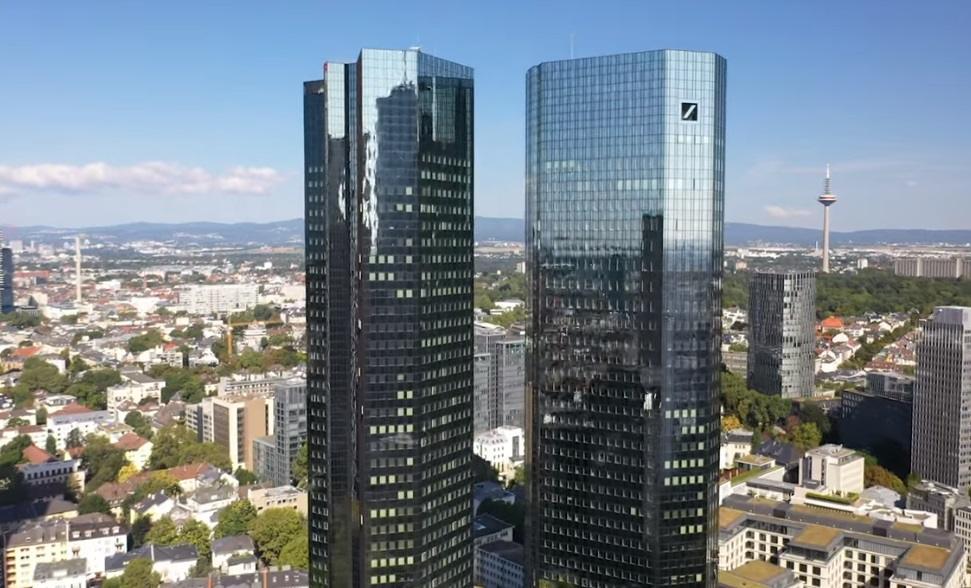Deutsche Bank recorded its strongest sustainable finance quarter in four years in Q2 2025, according to the bank’s quarterly results released on Thursday, which included more than €28 billion (USD$33 billion) in sustainable finance and investment volumes, the highest in any quarter since 2021.
In a post commenting on the results, Deutsche Bank’s Chief Sustainability Officer, Jörg Eigendorf, said:
“Sustainability deprioritized? Well, see what our clients are doing!”
The bank’s results bring it closer to the achievement of its goal, set in early 2023, to achieve €500 billion of sustainable financing and investment volumes between 2020 and 2025, although it will have to surpass the results in the back half of the year to reach its target. As of the end of Q2, Deutsche Bank’s cumulative sustainable finance and investment volumes since the beginning of 2020 have reached €417 billion, up from €373 billion as of the end of 2024.
Deutsche Bank’s strong progress in the quarter was supported by its participation in several high-profile sustainable finance deals, including acting as Joint Lead Manager for a €1 billion sustainability-linked bond (SLB) offering for the Republic of Slovenia, the first ever SLB from a European Sovereign, as well as for a €750 billion green bond offering by energy company Iberdrola, the first-ever by a Spanish company to be issued under the new European Green Bond (EuGB) standard.
Deutsche Bank’s investment banking business has been the strongest contributor towards its sustainable finance goal, recording €253 billion in sustainable financing, capital market issuance and market making since 2020, including €17 billion in the most recent quarter, followed by the corporate bank at €81 billion to date and €7 billion in Q2, and the private bank at €74 billion since 2020, and €5 billion in the quarter.
Eigendorf said:
“All of this demonstrates: our clients, whether corporate, institutional or private, want solutions to finance the transition of the energy infrastructure and link their performance to sustainability indicators. It has become a normal part of doing business and prudent risk management – as it has become for us.”

